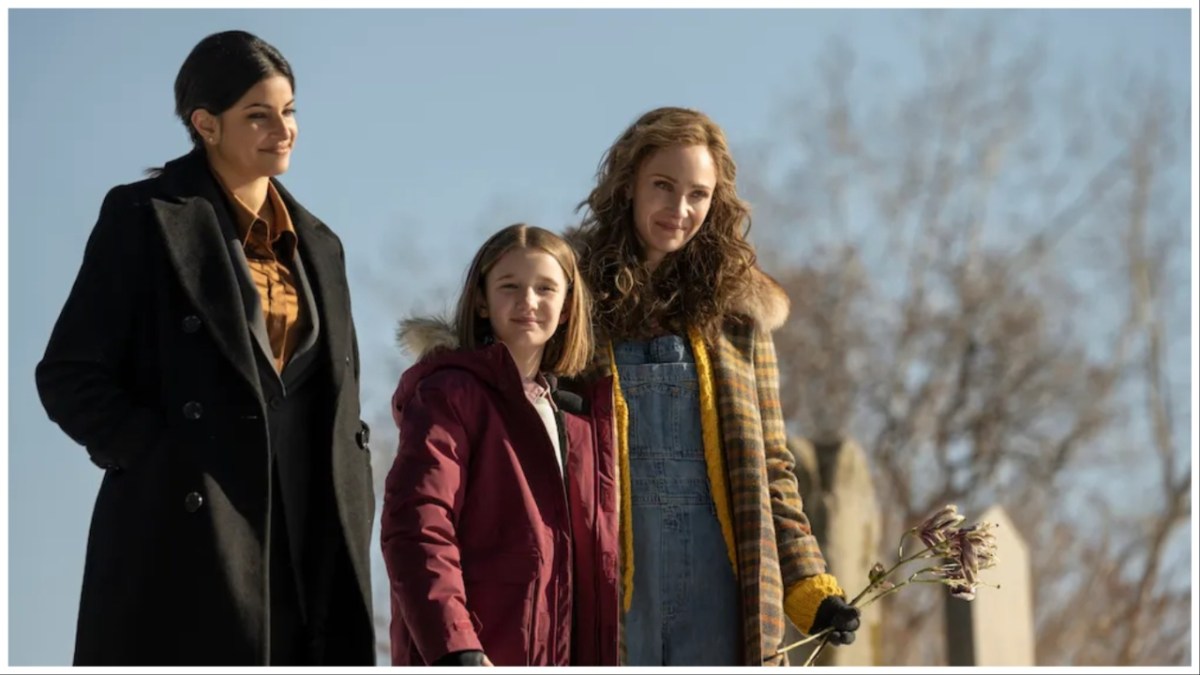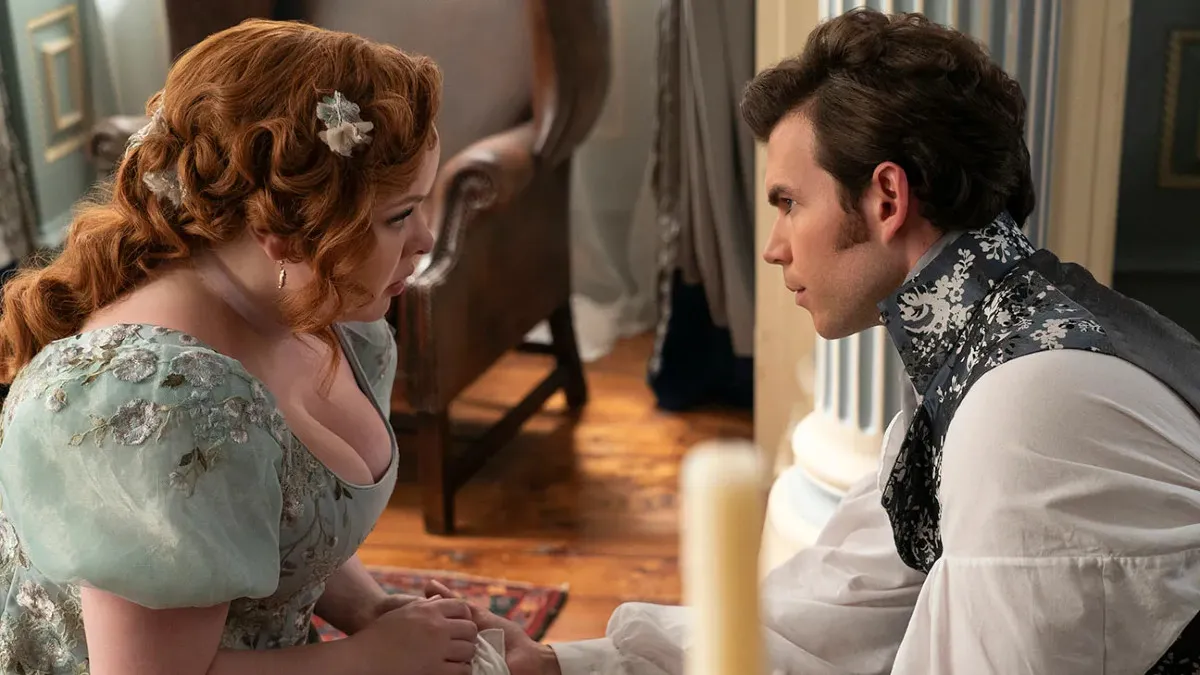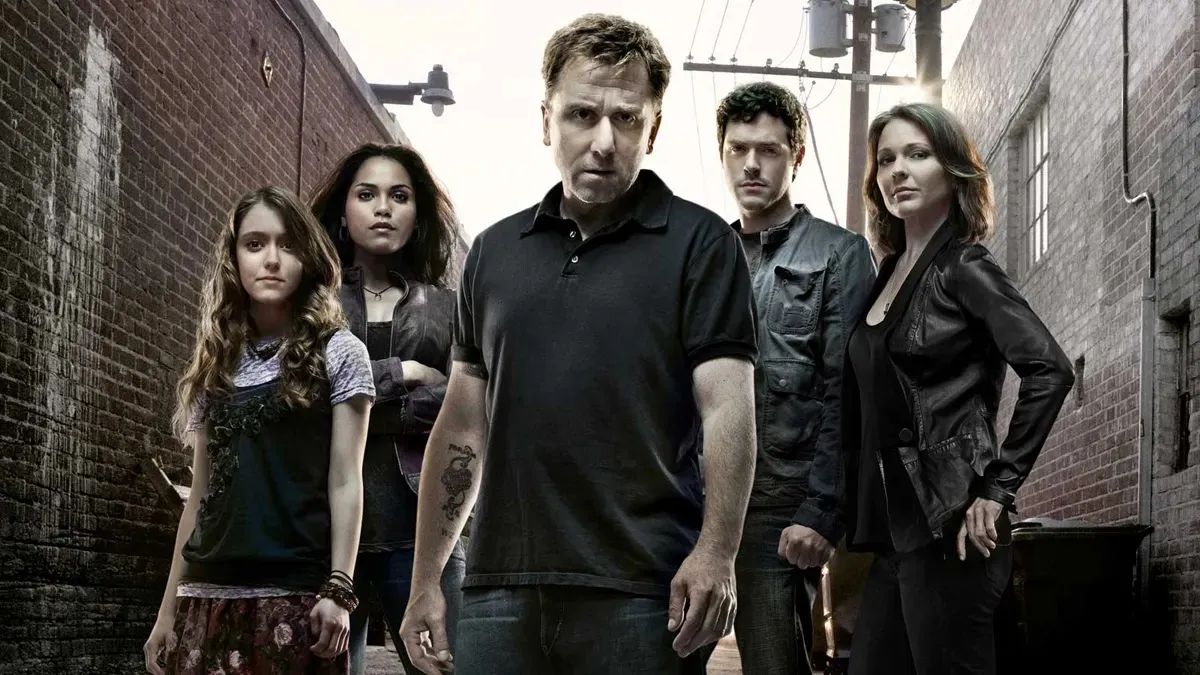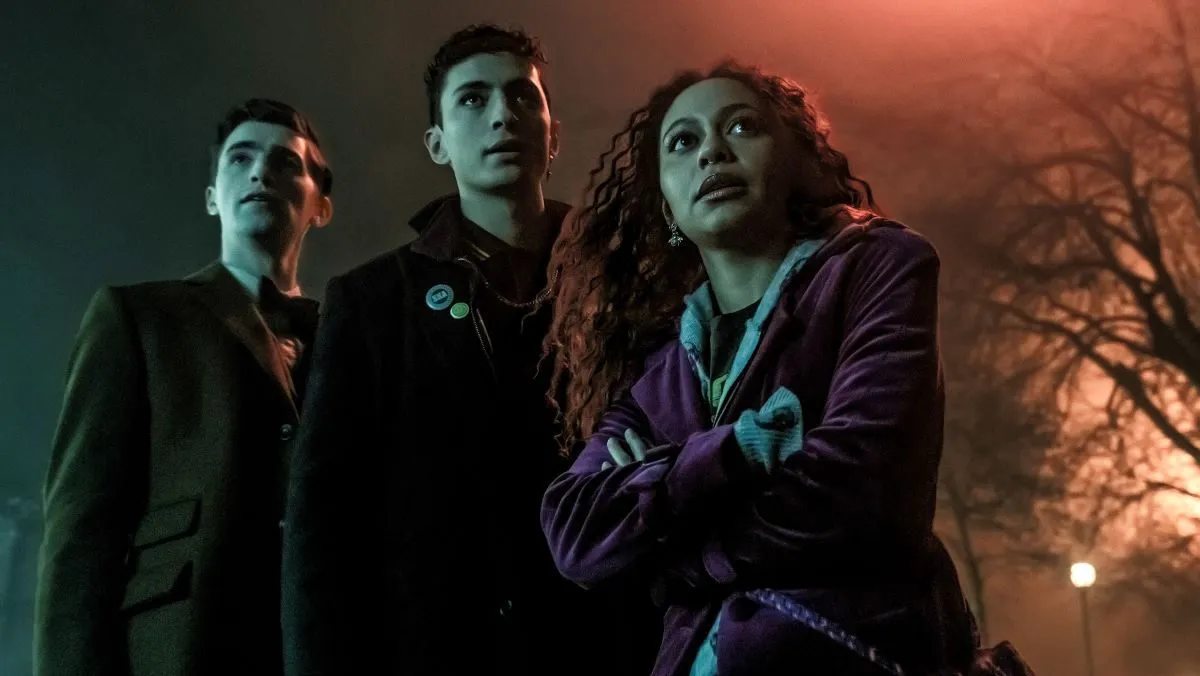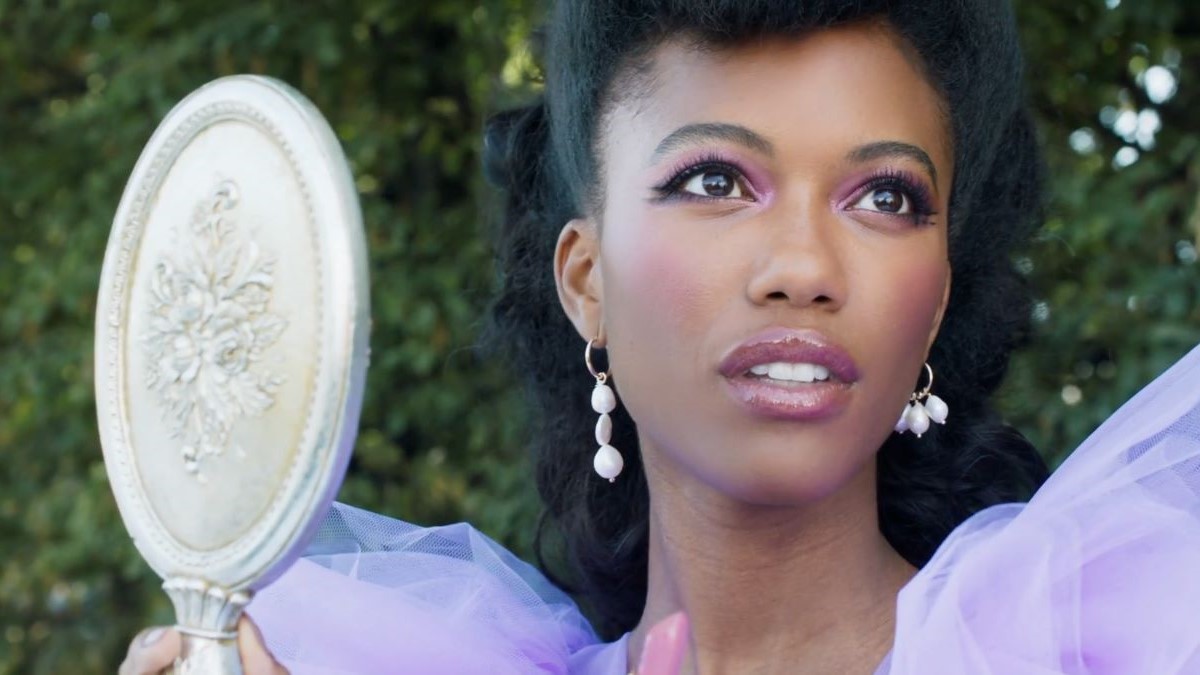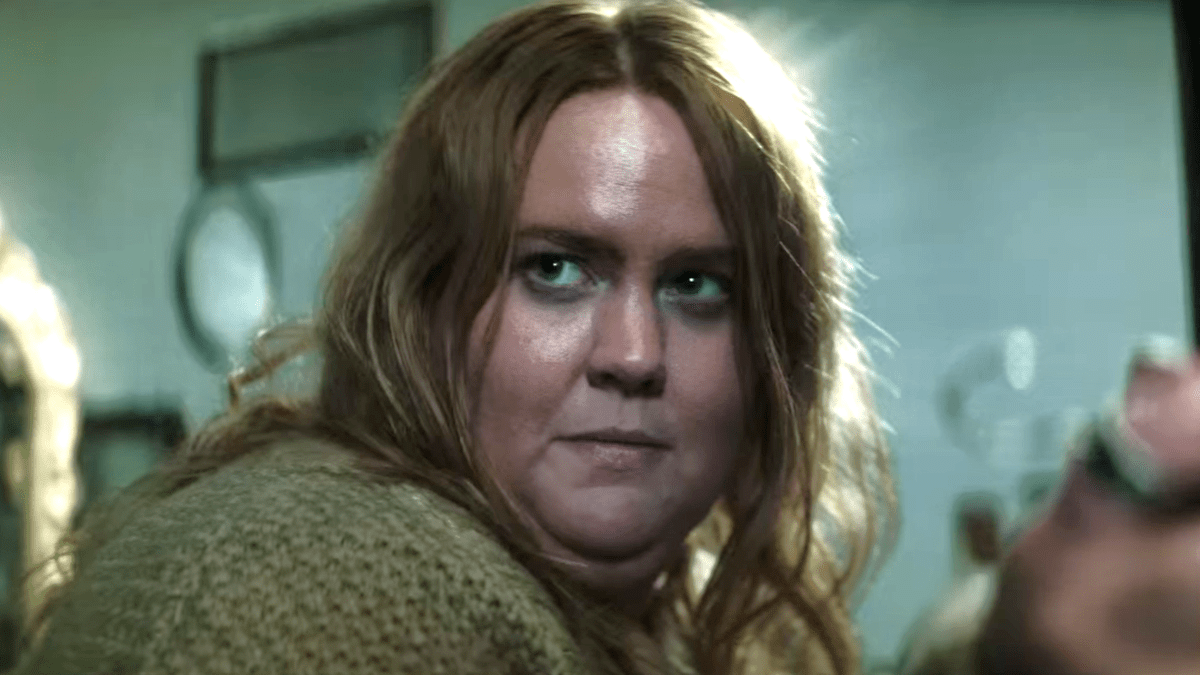Season 5 of Fargo ended this week, bringing the saga of domestic violence survivor Dorothy Lyon (Juno Temple) and her brutal ex-husband Roy Tillman (Jon Hamm) to a satisfying conclusion. Noah Hawley’s crime anthology series has had its ups and downs, with the fifth season marking a narrative high point for the series.
***SPOILER ALERT: This article spoils the ending of Fargo season 5.***
A recurring theme of Fargo is the idea that violence begets violence. In the Coen Brothers’ 1996 film, a brutal kidnapping kicks off a run of escalating violence that spreads like a virus, contaminating everything in its path. Bad deeds snowball, white lies become acts of deception, and well-meaning bystanders get caught in the violent aftermath.
Season 5’s inciting incident occurs when Dorothy is arrested by police officer Indira Olmstead (Richa Moorjani) after accidentally tasering an officer during a riot at her daughter Scotty’s (Sienna King) school board meeting. Dorothy’s arrest puts her back on Roy’s radar nearly a decade after she escaped her abusive marriage. A militant constitutional sheriff and Christian nationalist, Roy decides to kidnap Dorothy and bring her back to his compound. But Dorothy won’t go willingly and spends over half the season evading his goons, including the seemingly immortal mercenary Ole Munch (Sam Spruell).
This season focuses on debt: literal, metaphorical, and cosmic. Dorothy’s wealthy mother-in-law Lorraine Lyon (a terrific Jennifer Jason Leigh) owns the largest debt collection agency in the country, and is known as the “Queen of Debt.” Financial debt also plagues Indira, whose good-for-nothing husband Lars (Lukas Gage) has burned through their money while remaining unemployed. Roy Tillman believes that Dorothy owes him a debt for breaking their marriage vows. And Ole Munch believes in debt as described by the Code of Hammurabi: an eye for an eye (literally, in the case of poor Gator) and a pound of flesh as repayment.
For most of the players, the concept of debt is binary. You either owe or you pay, in one way or another, with little wiggle room in between. Lorraine’s office even features a massive artwork behind her desk, a painting with “NO” in massive letters that represents her black-and-white worldview. It’s a viewpoint shared by Roy, who adheres to his own brand of fundamentalist white nationalist Christianity where husbands “correct” their wives via violence and rule their families with fear and toxic masculinity.
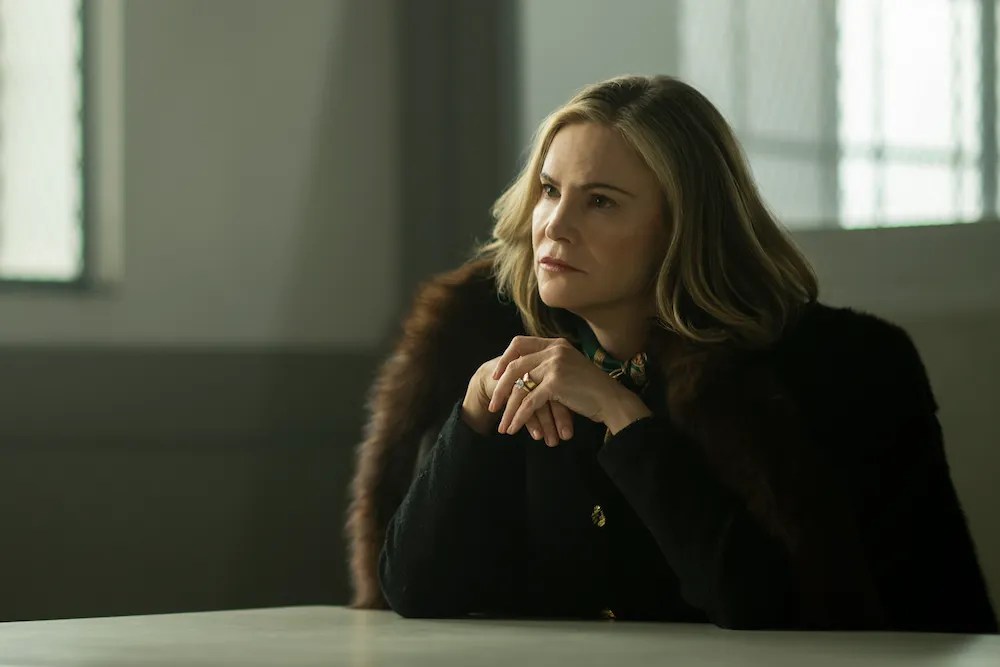
Fargo plays with the idea of what we owe to ourselves and each other. And in the final episodes, the show’s leading women wield empathy and compassion to defeat the violent men surrounding them. Indira takes a job working for Lorraine as a way to absolve her debts and harness real power in her life. She also forces Lorraine to look at Dorothy’s file and photos of her extensive abuse at Roy’s hands. Lorraine, so quick to judge her daughter-in-law, finds an untapped well of respect that leads her to use her massive resources (including then-President Donald Trump) to help rescue Dorothy.
Recognizing Dorothy as a fighter and survivor, Lorraine embraces her (stiffly, but still) as a member of her family. She reserves the ultimate repayment for Roy, forgiving the debts of all the prisoners and paying them to make Roy’s incarceration mirror the abuse he inflicted on his wives.
Forgiveness becomes the final card that Dorothy plays when, a year after Roy’s arrest, Ole Munch comes to collect his pound of flesh. We’ve seen Dorothy use her cunning and skills to fight Munch and escape his clutches. But here, in this moment, she chooses kindness. When Munch demands repayment of his debt, she disarms him by asking “Why? Why must debt be paid? What if you can’t? If you’re too poor, or you lose your job. Maybe there’s a death in the family. Isn’t the better thing, the more humane thing to say debt should be forgiven? Isn’t that who we should be?”
She ropes Munch into baking biscuits with her family and joining them for supper. And during the tense dinner scene, she artfully dismantles his code. “You took a job that had a risk. You can’t get mad at the risk. That’d be like getting mad at the table you stub your toe on.” Continuing her campaign of kindness, she allows Munch to tell the story of his sin-eating origins and his eternal curse to walk the earth inflicting violence and pain for coin.
Dorothy’s compassion and deep well of empathy allow her to see the abused man behind the monster. Munch is caught in a centuries-old abusive cycle, not unlike the one Roy Tillman inflicts on his wives and children. It’s not a cycle that can be broken with a sledgehammer suspended above the door or an electrified windowsill. She whispers to him, “It feels like that. What they do to us. Make us swallow, like it’s our fault. But you wanna know the cure?” She offers him a biscuit he helped make. “You gotta eat something made with joy and love, and be forgiven.” Munch takes a bite of the biscuit and smiles in rapture. The cycle is broken.
(featured image: Michelle Faye/FX)



